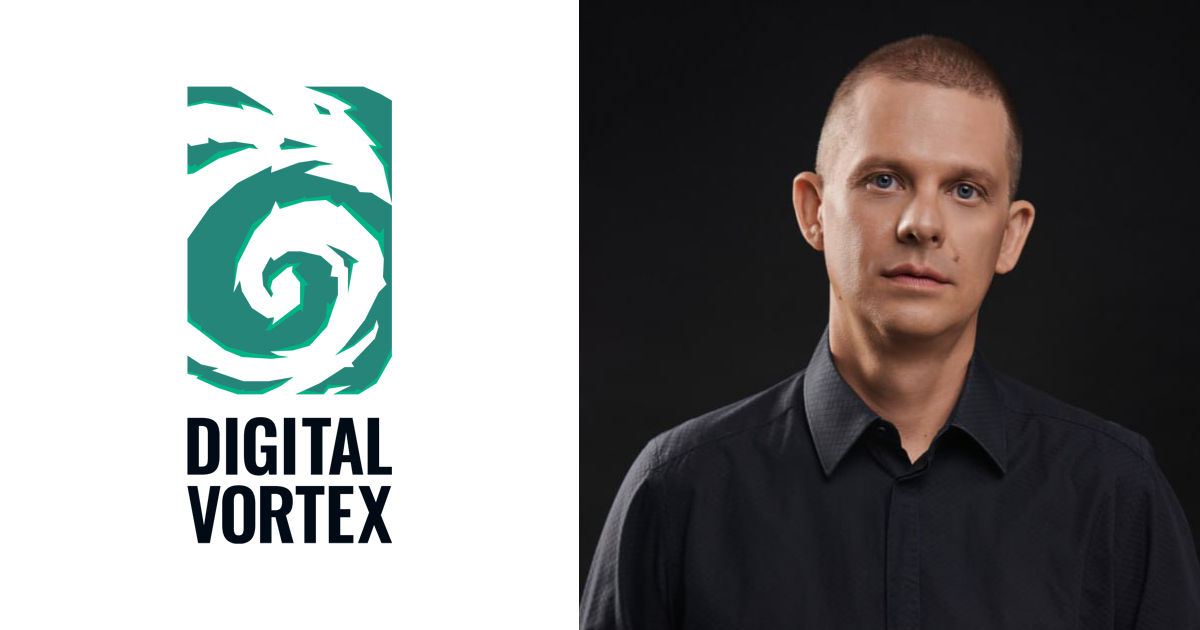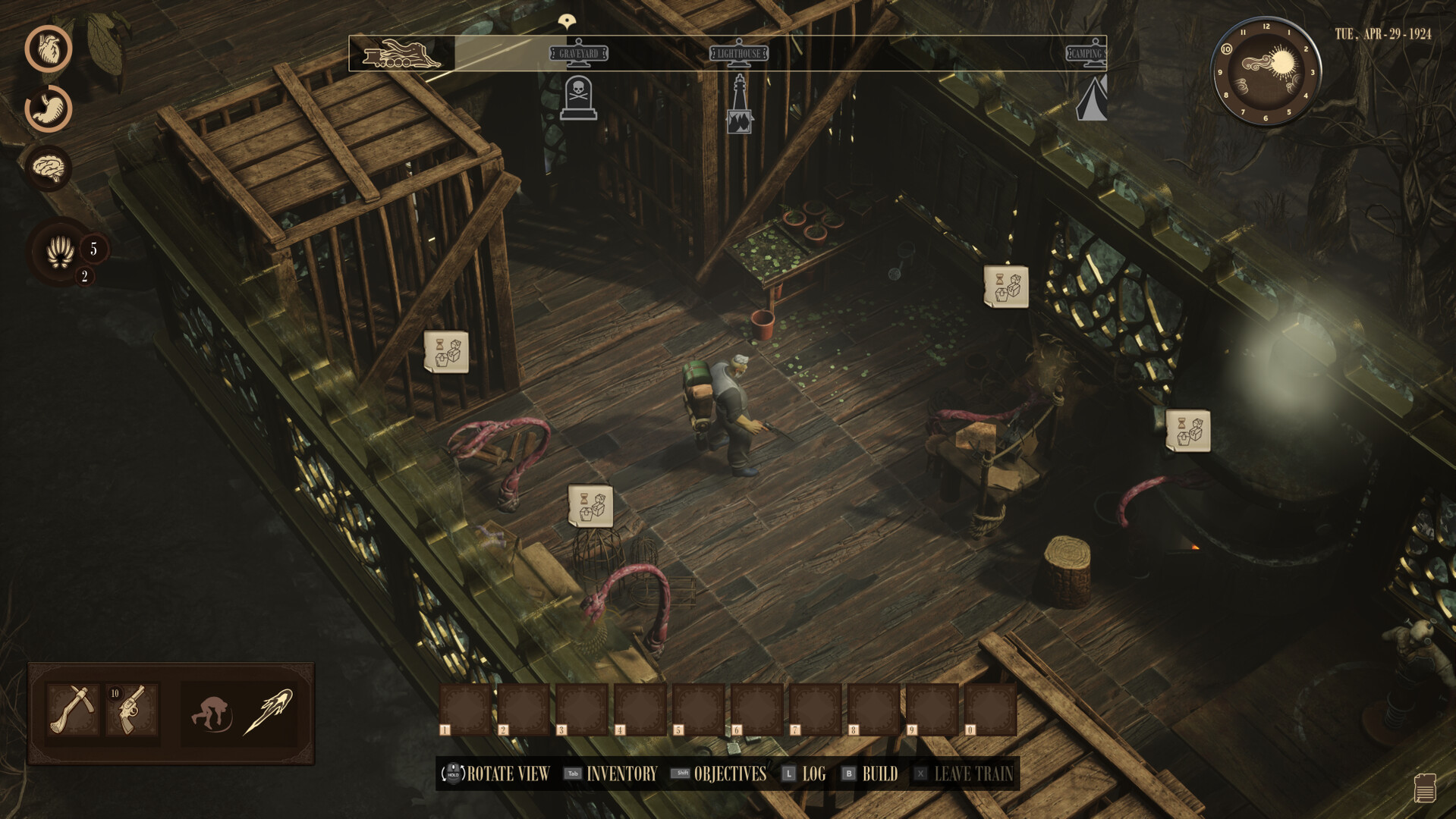"Many niche publishers have emerged," says Alexey Izotov from Digital Vortex on the results of 2024
We continue to wrap up the results of 2024 with gaming (or gaming industry-related) teams and experts. Next up is an interview with Alexey Izotov, CEO of Digital Vortex Entertainment.
How did the year turn out for the company? What achievements would you highlight?
2024 was the founding year of Digital Vortex Entertainment, a publisher where we truly believe that listening to our audience and selecting projects that suit their tastes is of utmost importance.
Throughout the year, we established our core team, held numerous meetings with partners, and reviewed hundreds of projects. As a result, we announced our debut project—RailGods of Hysterra by Troglobytes Games—and conducted our first public playtest, which yielded flattering player feedback.
These were our initial steps toward establishing Digital Vortex Entertainment as a major European indie publisher.
RailGods of Hysterr
How has the market changed for publishers over the year?
Specifically, 2024 did not bring significant changes; instead, we observed the continuation of trends initiated by events in previous years. It is evident that the market is oversaturated. Young development teams are increasingly monitoring the industry, relying less on in-house ideas, and more frequently on genre trends.
At the same time, I've often heard that the game publishing market is also oversaturated. Here, we see that many are focusing on specific niches—be it genres, formats, or even particular narrative conventions (settings, primary sources of settings). In fact, there are quite a few such specialized publishers now.
Has your practice of working with developers changed, and have the developers themselves possibly changed?
This year, we attended numerous industry events. I must say, each one was interesting, but I would particularly highlight the exhibitions in Asia and Poland.
If we talk about general trends, we see that the quality of projects from China and Korea is improving annually. Look at what China and Korea present at gaming exhibitions—these are high-quality games created by teams that have thoroughly researched the market and audience preferences. In my opinion, they possess a very acute and clear perspective, which is often lacking in developers from other countries.
What strengthening or emergence of trends in game publishing do you anticipate for 2025?
There are several areas that are still difficult to define clearly.
In particular, the rapid development of AI. Artificial intelligence can replace many tools of game production and promotion. However, a definite attitude toward AI has yet to form. The gaming industry has not yet learned to coexist with it: some ban AI-generated content, while others completely overhaul their pipelines to adapt to it. I believe it will take a few more years before this topic becomes less contentious.
We also see that the cost of error, when talking about major publishers, has increased so much that a single project failing to meet expectations can be a death sentence for a company.
Publishing AAA games has always involved certain risks, but the reasons for recent failures are different: many were chasing trends, or rather, lines of thought they considered trendy. Ultimately, it turned out that audiences are less receptive to radical changes in familiar concepts. You can create a very expensive game with exquisite graphics, but if you miss the real demands of players, you end up with a case like Concord.
One solution to this problem is to test a project in development as early and as often as possible. This grounds the teams significantly.
What are the company's plans for the coming year?
We will start the next year with major announcements, including those related to signing new projects. We also anticipate the release of RailGods of Hysterra.
At Digital Vortex Entertainment, we will remain true to the initial idea that united our team: publishing games we would like to play ourselves and forming partnerships with studios whose values and vision seem sincere and ambitious to us.
It is important to note that we are not tied to any specific genre or direction. Whether it's a survival game, real-time strategy, or horror—if it resonates with the team at Digital Vortex Entertainment, we are ready to enter negotiations with the studio.
An important aspect for us is whether the studio is willing to collaborate with us on the product. If we offer a studio collaboration, we are confident that we understand how to make the product better and what players in this niche expect.
In our work with partners, we adhere to the idea that only close contact with the studio, with the developers, and building healthy relationships can help achieve success.

